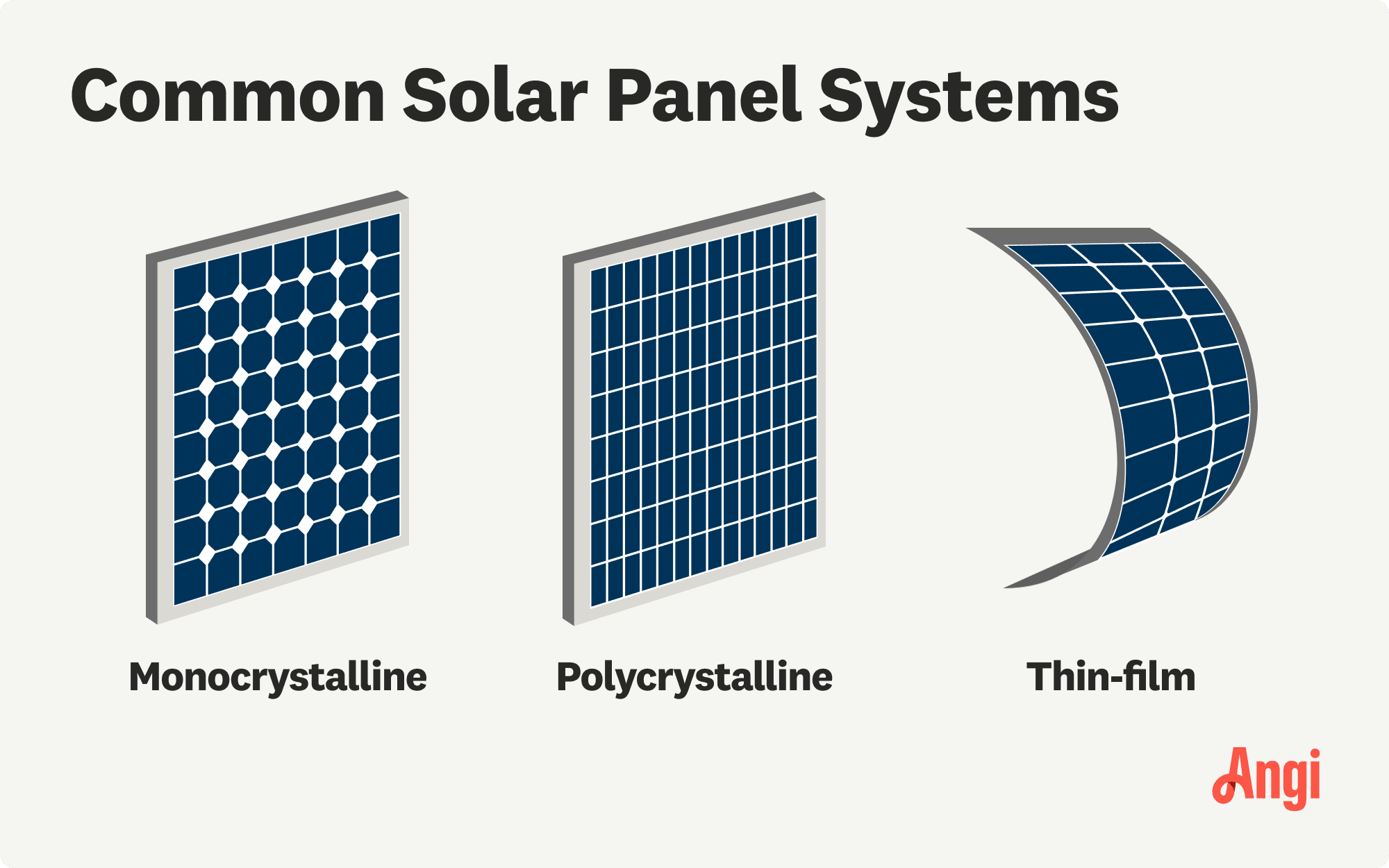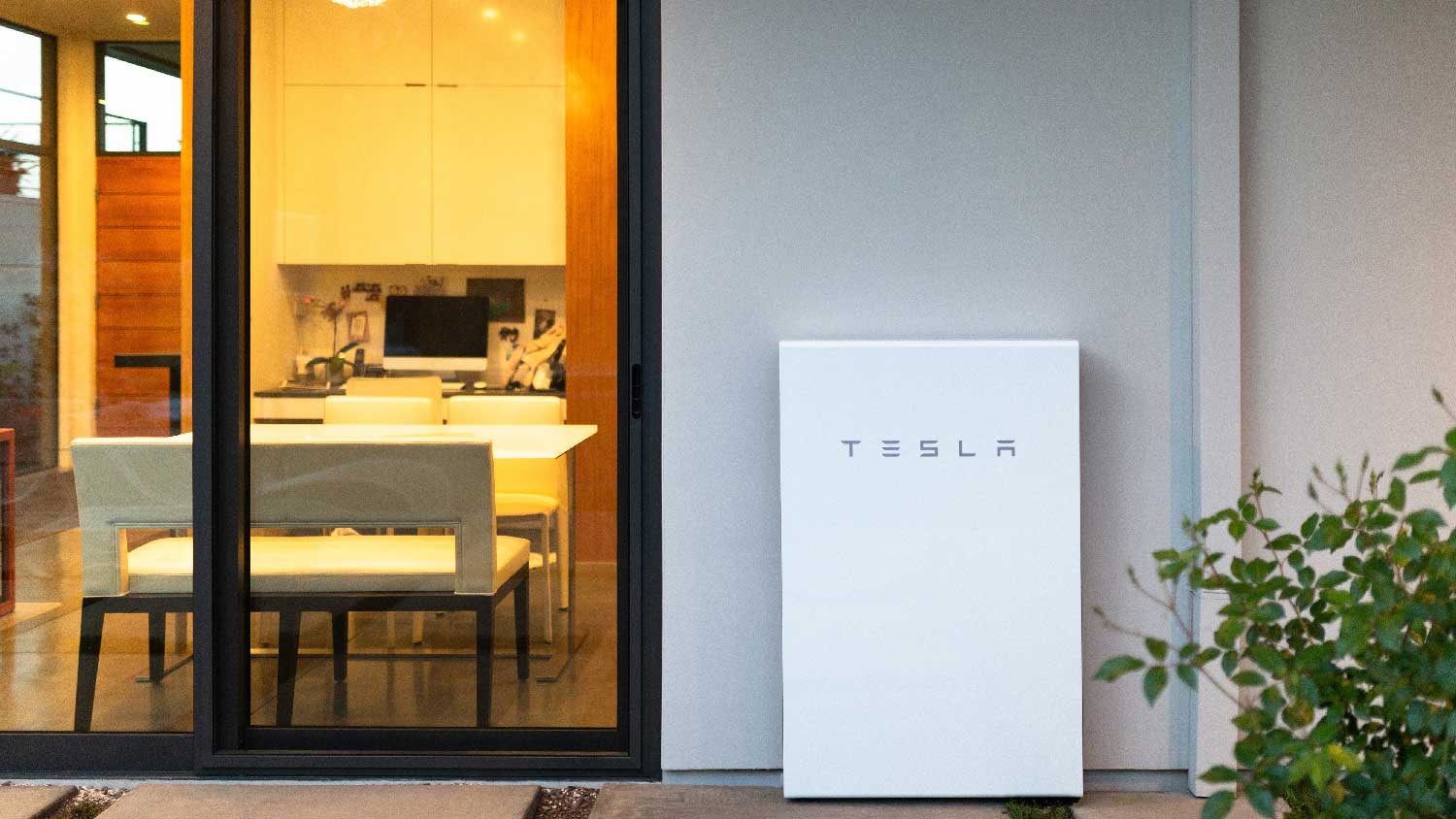
Solar battery costs depend on the size of your system, labor, and capacity. Learn how much you could pay for batteries for home solar systems.
Solar panel service costs depend on your project and location. Check with a local pro for your specific job.
Boston's historic neighborhoods and building codes can complicate solar panel installation and permitting.
Net metering in Boston allows homeowners to sell energy back to the grid at retail rates.
Urban rooftop constraints in the city make high-efficiency panels a smart investment even though they cost more up front.
Thanks to solar panels, modern-day homeowners in Boston can declare their energy independence. Solar panel installation costs in Boston average $28,557 and range from $18,658 to $38,456, depending on the system and components you choose. Massachusetts also has some of the best solar incentives in the country. Here’s what you can expect to invest in solar panel installation and the key factors that influence your final costs.
Boston, Massachusetts, is home to historic brownstones and triple-decker houses that present unique challenges for solar installation. From narrow roof access to preservation requirements, several factors impact solar panel installations. Let’s break down the costs you can expect to budget for.
The size of the solar system will impact your solar panel installation costs. The larger the output, the more you’ll pay. Most homes need 6- to 10-kW (kilowatt) systems, which work out to anywhere from 15 to 34 panels, depending on the wattage.
The table below shows average costs based on the size of your solar system:
| System Size (kW) | Number of Solar Panels | Average Cost |
|---|---|---|
| 4 | 10–12 | $12,920–$15,880 |
| 6 | 15–18 | $19,380–$23,820 |
| 8 | 20–24 | $25,840–$31,760 |
| 10 | 25–30 | $32,300–$39,700 |

When choosing the type of solar panel that works best for your home, consider three main factors: efficiency, life expectancy, and design. Here’s how the type of solar panel can affect your cost:
| Type of Solar Panel | Average Cost per Watt | Efficiency Rate (%) | Pros | Cons |
|---|---|---|---|---|
| Monocrystalline | $1.25–$1.55 | 18–22 | Efficient, space-saving | Higher cost |
| Polycrystalline | $0.90–$1.20 | 15–17 | Lower cost, reliable performance | Lower efficiency, bulkier size |
| Thin film | $0.75–$1.05 | 10–12 | Versatile mounting options, good in low light | Requires more roof space, least efficient |
On average, most homes need anywhere from 20 to 25 panels to fully power a home, but this can range from as few as 15 to as many as 34. How many solar panels you need depends on the number of watts per panel, your energy consumption, and the efficiency of your panels. Your average solar panel will have an output of anywhere from 250 to 400 watts. The dimensions of your solar panels will also depend on the power output.
From nor'easters to summer storms, Boston has challenging weather conditions. Your pro will let you know if you need a strong mounting system to withstand high winds and blustery conditions.
The more advanced the technology, the higher the up-front cost. The type of mount will affect the cost as well:
Fixed mounts: $22–$32 per mount
Standard roof mounts: $160–$320 per panel
Ground mounts: $520–$1,050 per panel
Adjustable mounts: $80–$105 per mount
Tracking: $850–$4,200 or more per mount (these mounts can self-track sunlight, leading to up to 45% more energy production)
Ballasted systems: $210–$420 per panel (for flat roofs)
Other materials you will need for a solar energy system include the parts in the table below.
| Hardware | Average Cost |
|---|---|
| String inverter | $1,250–$3,650 each |
| Microinverters | $210–$420 each |
| Power optimizer | $105–$210 each |
| Solar battery | $8,500–$21,000 |
| Monitoring system | $320–$850 |
Inverter: Converts direct current (DC) electricity to alternating current (AC) electricity
Microinverters: Convert DC power to AC power at the individual panel level versus the whole string of panels
Optimizer: Regulates currents so each panel is more energy efficient and prevents power loss.
Battery: Stores excess energy from the system so homeowners can use it at night or during a power outage
Some systems use a single solar inverter or several microinverters that convert DC to AC electricity. Materials like the wiring and battery are often grouped with the package price unless you opt for add-on services.
Solar panel installation is not a feasible DIY project, especially in Boston. The city has a complex permitting process, and the nature of historic buildings adds more complications. A solar panel company in Boston, Massachusetts, can take care of the permits and make sure your system meets local codes.
Budget $0.50–$0.80 per watt for labor, not including permits or the cost of additional technology, such as special mounts, tiles, or shingles.
Solar panel installation requires electrical work. Though many solar panel installation companies have a licensed electrician on staff who specializes in solar panels, roofing contractors sometimes subcontract an electrician. The average cost of hiring an electrician in the Boston area is around $75 to $150 per hour, with most installations requiring four to eight hours of electrical work.
Depending on your area, you may need to get a building permit and a solar panel inspection before you can unveil your new solar panels. Permits and inspections will add an average of $200 to $800 to the solar panel costs. These permits and inspections may apply to your job:
Standard residential permits: $200–$500
Historic district approvals: $300–$1,000
Electrical permits: $150–$300
Net metering interconnection: $100–$250
Permits for most standard installations take two to four weeks, while additional approvals for properties in historic districts may take up to six to eight weeks.
It’s no surprise that solar panels are a smart investment in Boston, Massachusetts. Homebuyers appreciate energy-efficient upgrades, and solar installations are no exception. Along with reduced utility bills, Solar Renewable Energy Certificate (SREC) sales, the Solar Massachusetts Renewable Target (SMART) program, and net metering credits, solar may also help you sell faster. Buyers know solar panels provide immediate savings on energy prices, offer potential income through incentive programs, and can decrease a home’s energy footprint.
Once your solar panels are paid off, they're officially your property. If you move, you can reinstall them on a new rooftop. Alternatively, they can increase the value of your home by 3% to 4% and attract more buyers. They can also give your property a competitive edge in a buyers’ market.
The best way to save money on the up-front costs of installing solar panels is to take advantage of the Solar Investment Tax Credit (ITC) before it ends on December 31, 2025. The ITC allows homeowners to claim a federal tax credit equal to 30% of the price of their solar panel system installation.
For example, if your solar panel system costs $30,000 before the federal tax credit, you can save around $9,000. However, to benefit from this credit, your solar system has to be installed and working before the federal incentive ends.
The ITC, also known as the Residential Clean Energy Credit, was originally extended through 2032 as part of the Inflation Reduction Act. However, new federal legislation (the Big Beautiful Bill Act) signed into law on July 4, 2025, terminated the credit early. The Solar Energy Industries Association® (SEIA) outlines the high-level policy changes and restrictions on energy tax credits.
Additionally, the extra power you choose not to store in a battery can be sent back to the grid. Your local utility company will compensate you for that power, but the amount will vary. You can check the Utility Rate Database on Open EI to estimate how much you can expect to receive for generating excess energy.
Solar incentives can help bring costs down. The Solar Massachusetts Renewable Target (SMART) program is a performance-based incentive program that includes:
20-year guaranteed payments for every kilowatt-hour the system produces
Fixed compensation rates that protect against market swings
Additional rewards for energy storage systems and low-income households
Massachusetts also has Solar Renewable Energy Certificates (SRECs) that are slightly different from those in other states. Each SREC equals 1 megawatt-hour of clean energy production, and values change based on market prices.
Currently, Massachusetts’ net metering program allows homeowners in Boston to receive full retail credit for excess energy, carry credits forward with no expiration date, and transfer credits to other properties within the same area.
Lastly, solar-equipped homes in Boston qualify for the following tax credits:
Massachusetts Personal Income Tax Credit: A credit of 15% of the system cost, capped at $1,000
Property Tax Exemption: Solar panel installations don't increase assessed home values for tax purposes
Sales Tax Exemption: No Massachusetts state sales tax on solar equipment
Home is the most important place on earth, which is why Angi has helped more than 150 million homeowners transform their houses into homes they adore. To help homeowners with their next project, Angi provides readers with the most accurate cost data and upholds strict editorial standards. We survey real Angi customers about their project costs to develop the pricing data you see, so you can make the best decisions for you and your home. We pair this data with research from reputable sources, including the U.S. Bureau of Labor Statistics, academic journals, market studies, and interviews with industry experts—all to ensure our prices reflect real-world projects.
Want to help us improve our cost data? Send us a recent project quote to [email protected]. Quotes and personal information will not be shared publicly.
From average costs to expert advice, get all the answers you need to get your job done.

Solar battery costs depend on the size of your system, labor, and capacity. Learn how much you could pay for batteries for home solar systems.

Get a detailed estimate of solar farm costs. Learn about average prices, key cost factors, and ways to save when planning your solar farm project.

Discover the Tesla Powerwall installation cost, including average prices, cost factors, and tips to help homeowners budget and save on their Powerwall project.

Upgrading your home’s power source to solar often requires the help of professional solar panel installation contractors. Here’s how to find the best.

Even the best solar panels don’t last forever. This guide will help you understand how long solar panels last and how to make the most of their lifespan.

Understanding the differences between passive and active solar energy is key to deciding which route to take when planning an energy-efficient home.